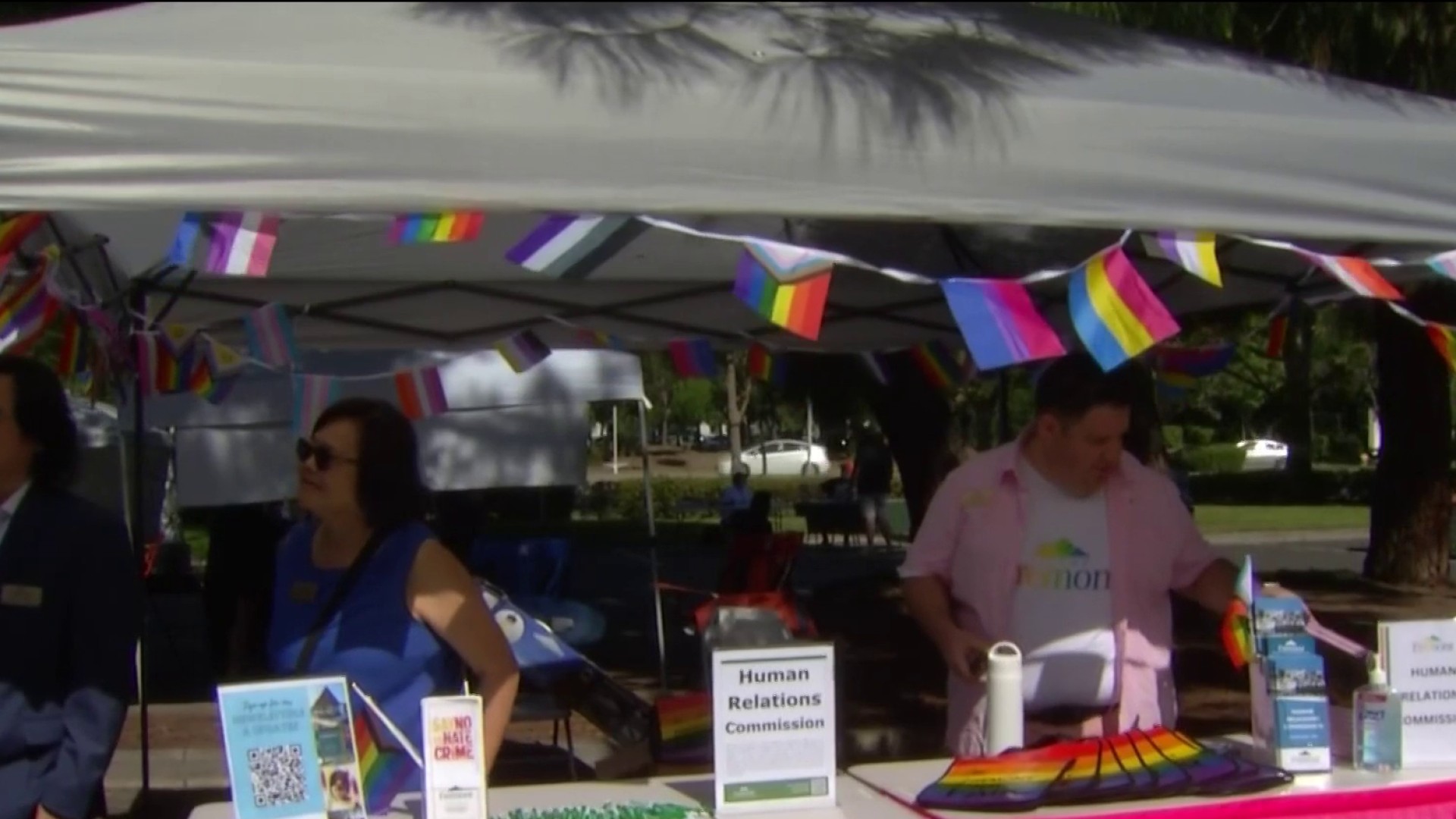The U.S. Supreme Court on Monday is slated to hear oral arguments on a case that will impact how cities can respond to homeless encampments and homeless individuals on public property. The case, City of Grants Pass v. Johnson, could have significant implications for cities in the Bay Area and around the country.
California Gov. Gavin Newsom, the city of San Francisco, and many homeless advocacy groups plan to follow this case closely as heated policy and legal fights continue over how local governments should respond to encampments.
In 2019, the San Francisco-based 9th Circuit Court of Appeals held that cities cannot enforce criminal restrictions on public camping unless the individuals in question have “access to adequate temporary shelter.”
Now, Grants Pass, a small city in Southern Oregon, is challenging the ruling before the Supreme Court.
On Monday, the U.S. Supreme Court will hear arguments on whether it is unconstitutional for cities to enforce camping restrictions if they don't have shelter space. The court will weigh whether enforcing laws about camping on public property constitutes "cruel and unusual punishment."
"We’re nervous about it, but hopeful that this country will realize that homeless people do have constitutional rights," said Jennifer Friedenbach, the executive director of the Coalition on Homelessness in San Francisco.
The Coalition on Homelessness and other groups opposed to reversing the 9th Circuit ruling argue that fining, arresting, and removing unhoused individuals violates their rights and causes them harm.
Friedenbach said that her organization regularly works with people in San Francisco who experience homelessness and sees the toll that fines and encampment removals can take on people's lives.
Get a weekly recap of the latest San Francisco Bay Area housing news. Sign up for NBC Bay Area’s Housing Deconstructed newsletter.
"They rack up big fees, their credit gets destroyed and then they’re unable to move into housing, so it actually extends periods of homelessness," Friedenbach said of efforts to fine, cite, or arrest homeless individuals for sitting, camping, or laying down in public.
The Coalition on Homelessness is also suing the city of San Francisco over this and other issues. In December 2022, a judge issued an injunction in that case which barred San Francisco from enforcing or threatening to enforce laws prohibiting camping on public property against "involuntarily homeless individuals" as long as the city has more homeless residents than it had shelter beds.
The office of San Francisco City Attorney David Chiu described the enforcement allowed to the city under this injunction as "a totally infeasible metric given San Francisco’s considerable unhoused population." But as of February 2024, that injunction is on pause until after the Supreme Court makes a ruling on the Grants Pass case.
"A lot of these politicians, instead of taking responsibility for the issue and finding solutions, they just want to push people from block to block," Friedenbach said. "That’s not OK and it doesn’t work."
The city of San Francisco and Newsom have filed amicus briefs in the Grants Pass case asking the Supreme Court to reverse the 9th Circuit's decision.
In a release in March about the city's amicus brief, Chiu's office said: "San Francisco seeks to balance its commitment to a compassionate, services-first approach with its responsibility to ensure that sidewalks and public spaces are safe and accessible for all residents, businesses, and visitors."
At a news conference this week, Newsom said that the 9th Circuit ruling is keeping local governments from making progress in addressing homelessness.
"We still need the flexibility and the common sense that would be provided under a more lenient interpretation," he said of the Grants Pass case. "This is a real issue, the impediments under Grants Pass and the courts have imposed, it’s a real issue. It's not us abdicating, however, responsibility."
At a park in San Francisco on Sunday, NBC Bay Area crews spoke with John David White who said he'd been unhoused in San Francisco for many years. White explained that while he'd lived on the streets in San Francisco for years, for the past seven months he has been living in a city-operated shelter.
"It has its ups and downs, but it’s a city shelter, so what you gonna do, you know?" White said. "But for the most part, it's not such a bad deal at all."
White said when he lived on the streets in San Francisco, there were many times when he was asked to move his encampment. Currently, he prefers staying at the shelter, but he knows other people who say the rules at shelters don't work for them for one reason or another.
"I don’t have a problem with it, they can live wherever they want, and I’m OK with it," White said.
On Monday, the Coalition on Homelessness plans to rally in San Francisco in tandem with efforts around the country to demand that the Supreme Court protect the rights of people experiencing homelessness.



